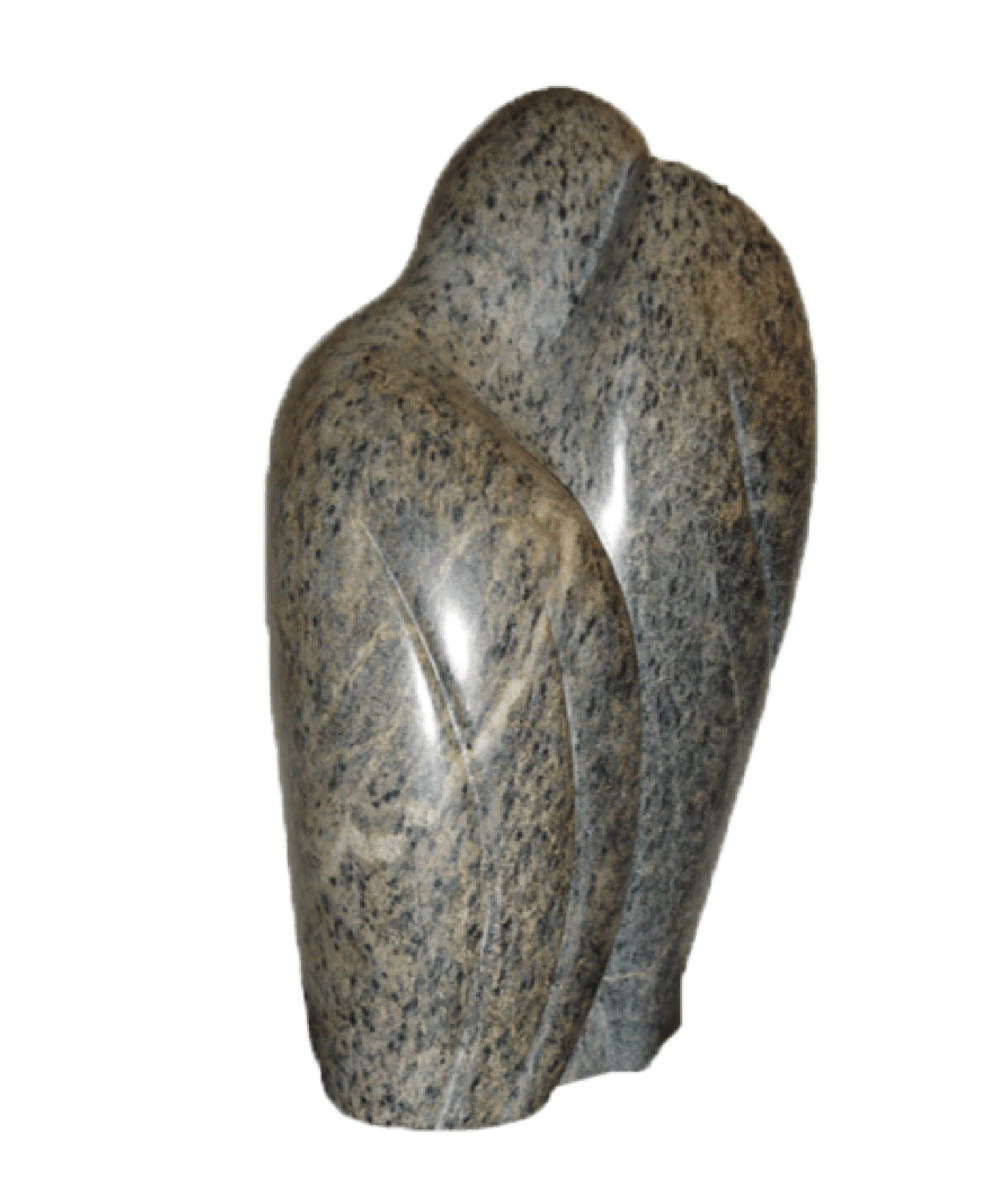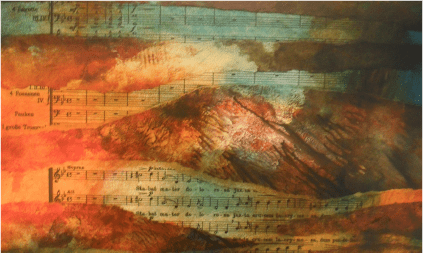Egon Kracht
About the composer
Egon Kracht, a Dutch musician and composer born in 1966, studied double bass with Hans van Meegen and Wilbur Little. From 1986 to 1991, he attended the Sweelinck Conservatory in Amsterdam. Even before his time at the Conservatory, Kracht was already performing regularly.
In 1994, he founded The Troupe, an ensemble through which he pursued numerous creative projects. One of his major compositions for the group was Broadway Will Burn! He also arranged J.S. Bach’s Matthew Passion in 2002, giving it a distinctive reinterpretation. In 2003, The Troupe tackled Frank Zappa’s instrumental satirical rock opera, Joe’s Garage.
In 2010, Kracht recorded Judas Passion, inspired by the rediscovery of the Gospel of Judas in 2005. His music in this work draws from the tradition of classical religious compositions. Stabat Mater, premiered on November 23, 2011, at Muziekgebouw aan ’t IJ in Amsterdam, is his third religious work, showcasing his evolving exploration of spiritual themes through music.
About the Stabat Mater
| Date: | 2011 |
| Performers: | Soprano, tenor, contralto, flugelhorn, Hammond organ, violin, cello, doublebass and mixed choir |
| Length: | 66.18 minutes |
| Particulars: | The actual title of this work is Stabat Mater, Stabat Pater. Egon Kracht felt compelled to give the father a role in the story, portraying a man who joins his wife in mourning the death of their child. As noted in the CD booklet: “It’s a situation that can often tear a family apart, as parents frequently struggle to share their grief.” This profound theme—how the shared pain of loss can either unite or divide a family—lies at the heart of Stabat Mater Stabat Pater. |
| Textual variations: | Egon Kracht significantly adapted the original Stabat Mater poem, giving the father a voice alongside the mother. In addition to the religious text, he incorporated secular material. At Kracht’s request, Jaap Toorenaar created a male adaptation of Stabat Mater Dolorosa, titled Stabat Pater Dolorosus. His wife, Noortje Braat, contributed reflective Dutch lyrics, and Kracht also included lines from the works of Dutch authors A. F. Th. van der Heijden and P.F. Thomése. As Kracht explains: "This resulted in a libretto where Latin and Dutch texts appear side by side, giving both the mother and father a voice, and placing their grief for their lost child in a more secular context." In addition to the parental voices, a third perspective is introduced—that of a close family friend who stands by the grieving parents during their time of mourning. |
| Colour bar: |
Information about the recording
| CD1: | Stabat Mater Stabat Pater ZZ76113 |
| More info: | I received this CD on a special occasion: the performance of Stabat Mater Stabat Pater in April 2014 at the Amstel Church in Amsterdam. At the end of the concert, the release of the CD was celebrated. I was deeply moved by the music. It was my second time hearing it, as I had attended an earlier performance in Haarlem in 2011. |
| Orchestra: | The Troupe: Angelo Verhoeven – flugelhorn, Jacob Klaasse – Hammond organ, Noortje Braat – violin, Diederik van Dijk – cello, Egon Kracht – double bass. |
| Soloists: | Elisa Roep, soprano (Mater) |
| Code: | 2014 KRA-01 (249) |




